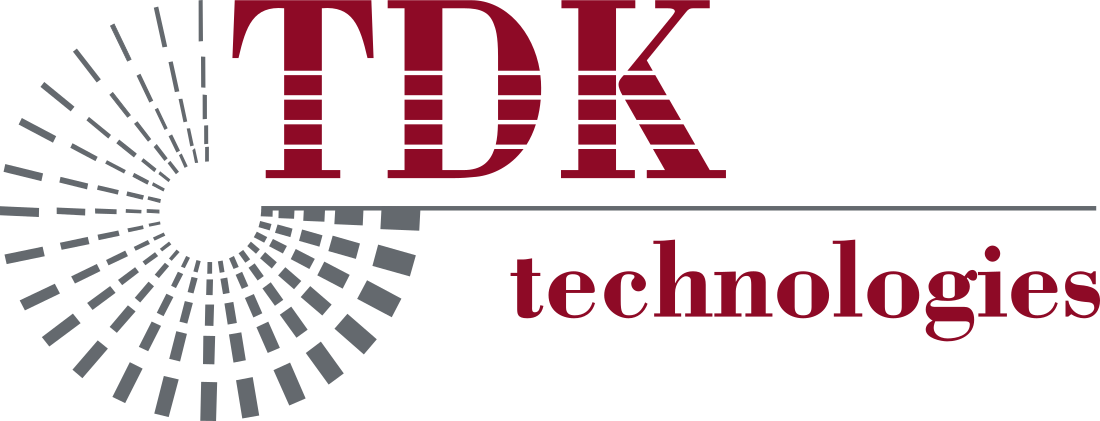Loyalty Rewards Platform Upgrade
A global leader in the financial services industry had for years struggled to replace the monolithic architecture of its loyalty rewards platform. See how TDK Technologies, with industry-leading expertise in microservice-based architecture, delivered results.
The Problem
The loyalty rewards system is a white-labeled platform that allows companies and their customers to track the use of bonus incentives. As customers make purchases, they earn points that can be redeemed.
The client's legacy loyalty rewards platform consisted of a singular, large computing system following the traditional model of software design. The complex code base tightly coupled all the business processes together with several monolithic applications that made it fragile with a single point of failure. A change made to one aspect of the platform, even if it was not related to another aspect of the platform, could produce unintended problems across the system. It was also difficult to process information and find transactions. In addition, the legacy platform was difficult to scale. It lacked the flexibility to integrate new features and services.
The Solution
After previous unsuccessful attempts to upgrade the platform, the client turned to TDK Technologies which was instrumental in the planning, design, development, deployment and support of a new enterprise loyalty platform that followed well established microservices design patterns and principles.
The approach involved multiple capacity teams working over a period of several years. TDK was instrumental in building capacity teams for the project, recruiting and onboarding, and engaging in knowledge transfer. The project started with one TDK team, then eventually grew to 16 total teams that included a mixture of TDK and other third-party consultants.
The TDK teams had a high level of expertise in microservices, including experienced architects and developers who were well-versed in microservices design patterns, containerization, and cloud-native development. Additionally, the teams deployed automated testing and continuous integration/continuous deployment processes to ensure the reliability and scalability of the system.
Desired outcomes from the new platform included the ability to scale and deploy components of the application independently, without affecting the rest of the system. This improved reliability and availability, while permitting faster and more frequent updates. The microservices-based system promoted greater flexibility and agility in development, as smaller teams can work on individual services with their own technology stacks and release cycles. This led to faster innovation and a better ability to respond to changing business requirements. Microservices also simplified and modularized this complex system, making it easier to understand, maintain, and evolve over time.
The Result
The client is highly satisfied with TDK's work on the project. Executive management, as well as architects and developers, have consistently referred to TDK as a trusted partner. The microservices-based platform has proven to be very scalable, with the client expressing satisfaction with its flexibility, automation, and dynamic nature. The platform is highly customizable, allowing the client to add value and make improvements.
The client technical support team has experienced significant reductions in time required to troubleshoot and resolve issues. Thus, the customer has benefited from the faster resolution of issues, leading to increased satisfaction with the service provided.
Tech Talks
1/5The Strategic Value of the Software Development Engineer in Test (SDET)
See why TDK Technologies believes that Software Development Engineers in Test (SDETs) bring measurable benefits to software development initiatives.
Why Generative AI Won't Replace Software Engineers
See how TDK Technologies outlines why Generative AI won’t replace software engineers but will redefine their roles. While GenAI is a powerful tool—human insight, creativity, and responsibility remain indispensable.
Technology Trends to Watch in 2025
See how TDK Technologies helps organizations navigate key technology trends like analytics, cloud computing, and application software development to drive innovation and business success in 2025.
Cloud Platforms: Aligning Business Needs with the Right Cloud Service Model
See how TDK Technologies explores the core cloud service models and key factors to help businesses align cloud platform choices with their unique needs.
Why Quality Assurance is Essential in Modern Software Development
See how TDK can help ensure the quality and reliability of software, from initial development to ongoing maintenance, to deliver exceptional products that meet the highest standards.

In 2024, TDK Technologies was recognized by the St. Louis Business Journal as the 14th largest IT Consulting Firm and the 5th largest Software Development Firm in the St. Louis region.





